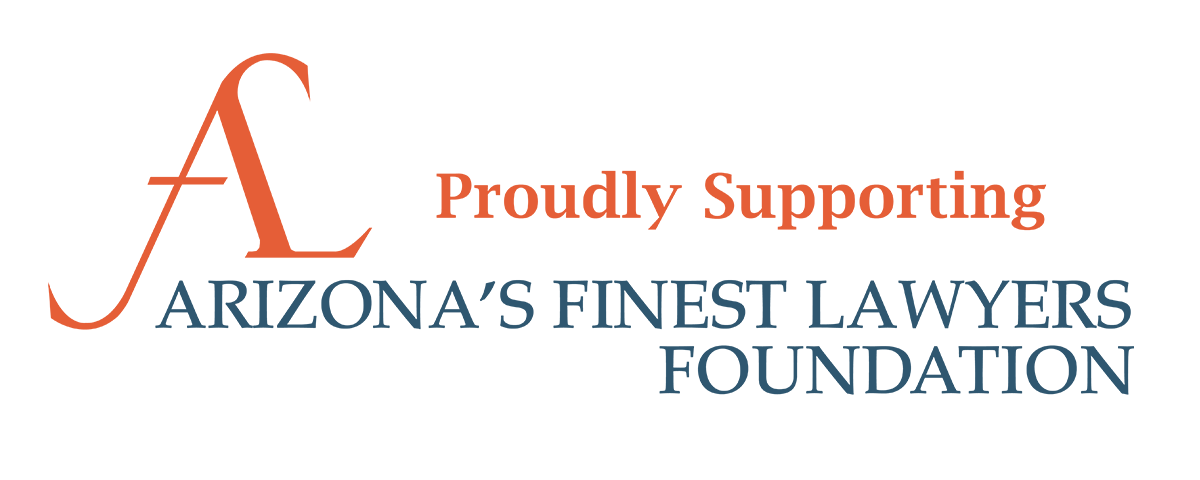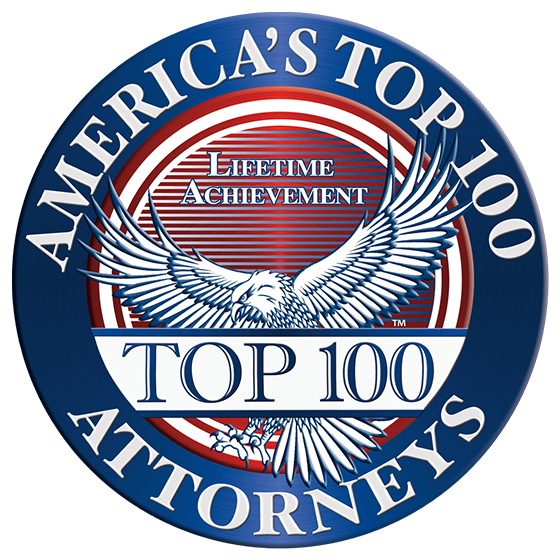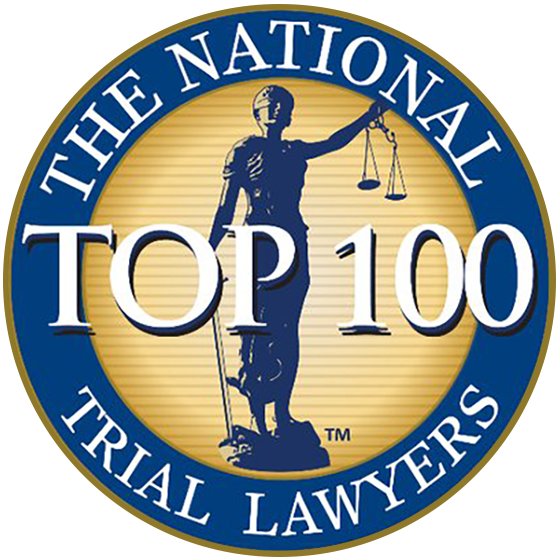
Public employees are often faced with the issue of whether their speech is protected from adverse employment action. Speech is guaranteed freedom, and thus protection, under both the First Amendment of the U.S. Constitution and Article II Section 6 of the Arizona Constitution. In certain cases, public speech is not necessarily protected. This is a brief summarization of the legal landscape of protected speech in the general context of public employment. Here we will expound on two U.S. Supreme Court decisions, Pickering v. Board of Education (1968) and Garcetti v. Ceballos (2006), and the U.S. Ninth Circuit Court of Appeals decision in Demers v. Austin (2014) to inform employees of critical interpretations of first amendment protections.
In Pickering, a public high school teacher wrote a letter to a local newspaper that was “critical of the way in which the Board and the district superintendent of schools had handled past proposals to raise new revenue for the schools.” Pickering v. Board of Ed. Of Tp. High School Dist. 205, 391 U.S. 563, 564 (1968). The School Board fired the teacher after the Board determined that “the publication of the letter was ‘detrimental to the efficient operation and administration of the schools of the district.’” Id. Applying a balancing test, the Supreme Court ultimately held that the Board’s conduct violated the teacher’s First Amendment right “to comment on matters of public interest in connection with the operation of the public schools in which [he] work[s].”
Under the Pickering two part test; (1) the employee speech must address “matters of public concern;” and (2) the employee’s interest “in commenting upon matters of public concern” must outweigh “the interest of the State, as an employer, in promoting the efficiency of the public services it performs through its employees.” Id. at 568. Thus, if employee speech addresses a matter of public concern that outweighs a legitimate state interest, then that speech is protected by the First Amendment.
Up until the Supreme Court’s 2006 decision in em>Garcetti, the Pickering balancing test governed public employees’ First Amendment claims. However, Garcetti resulted in a significant change in the law. Garcetti v. Ceballos, 547 U.S. 410 (2006). In Garcetti, a deputy district attorney authored a memorandum disputing the truthfulness of certain facts contained in a police affidavit supporting a search warrant application. Id. at 414. His employer retaliated against him for writing and subsequently defending the memorandum. Id. at 415. The Garcetti Court held that “when public employees make statements pursuant to their official duties, the employees are not speaking as citizens for First Amendment purposes, and the Constitution does not insulate their communications from employer discipline.” Id. at 421. In short, under Garcetti,statements issued by public employees “pursuant to their official duties” were no longer protected by the First Amendment. Id. at 421. However, the Garcetti opinion left open one notable exception. Responding to concerns raised by Justice Souter in dissent, the Court declined to address whether its holding applied to “speech related to scholarship or teaching.” Id. at 425. This lingering question of academic speech gets answered years later by the Ninth Circuit Court of Appeals.
Academic Speech
The question of academic speech left unanswered in Garcetti was clarified by the Ninth Circuit in Demers v. Austin. 746 F.3d 402 (9th Cir. 2014). Id. In Demers, the court addressed the question of whether Garcetti applied to academic writing where State university administrators retaliated against an associate professor for distributing an accreditation plan for the communications department. Id. The Demers court held that“Garcetti does not—indeed, consistent with the First Amendment, cannot—apply to teaching and academic writing that are performed ‘pursuant to the official duties of a teacher and professor.’” Id. at 412. Instead, “academic speech not covered by Garcetti is protected under the First Amendment, using the analysis established in Pickering.” Id. Moreover, the court reasoned that “protected academic writing is not confined to scholarship” because “academics, in the course of their academic duties, also write memoranda, reports, and other documents addressed to such things as abudget, curriculum, departmental structure, and faculty hiring.” Id. at 416. Notably, whether or not academic writing also addresses matters of public concern continues to depend on the scope and content of the writing. As you can see, the courts have come full circle on this crucial issue.
Whistleblowing Speech
The Garcetti decision, which appears to be the current public employee speech standard, has significant impacts on whistleblowing because it allows employers to retaliate so long as the speech was made as part of an employee’s job. However, Garcetti only applies to First Amendment and Arizona has enacted legislative prohibitions against discrimination against public employee whistleblowers. Arizona Revised Statue 38-531, strengthens public employee’s protections prohibiting reprisal when the employee discloses information of a matter of public concern to a public body in writing that the employee reasonably believes constitutes a violation of any law, or mismanagement, a gross waste of monies or an abuse of authority. A.R.S. §38-531. Additionally, while the wrongful termination claim for violation of public policy is very limited here in Arizona, A.R.S. § 23-1501 creates a cause of action of wrongful termination for whistleblower retaliation against an employer.
If you have any questions regarding your speech, please contact the competent attorneys at Napier Baillie Wilson Bacon & Tallone, P.C. for any of your legal needs.
Disclaimer: This article is for your convenience and does not constitute legal advice.




